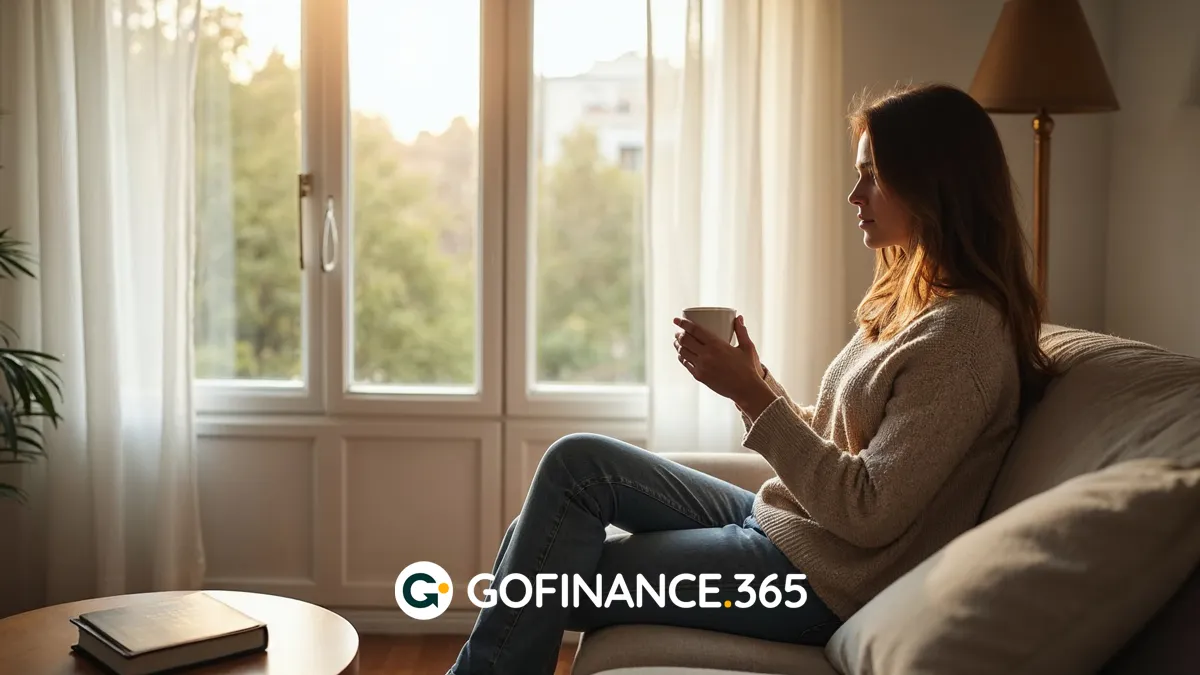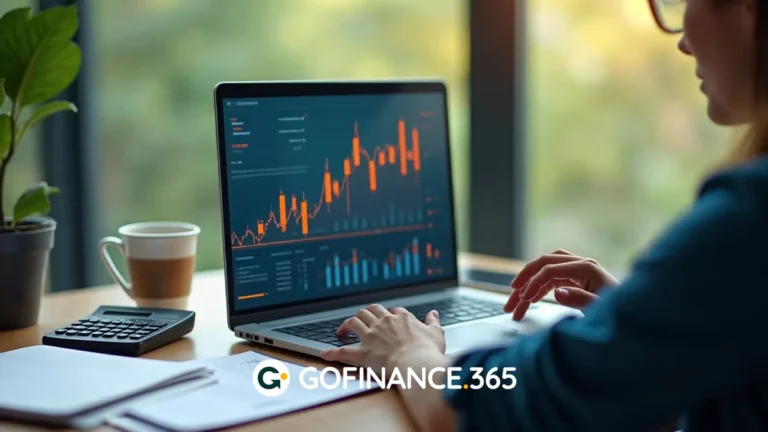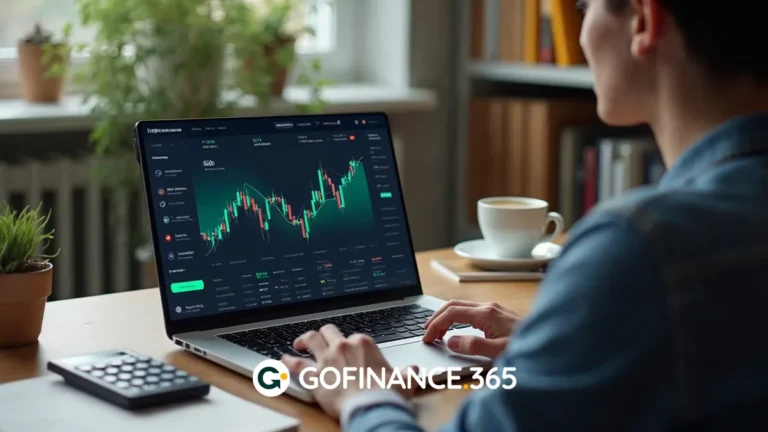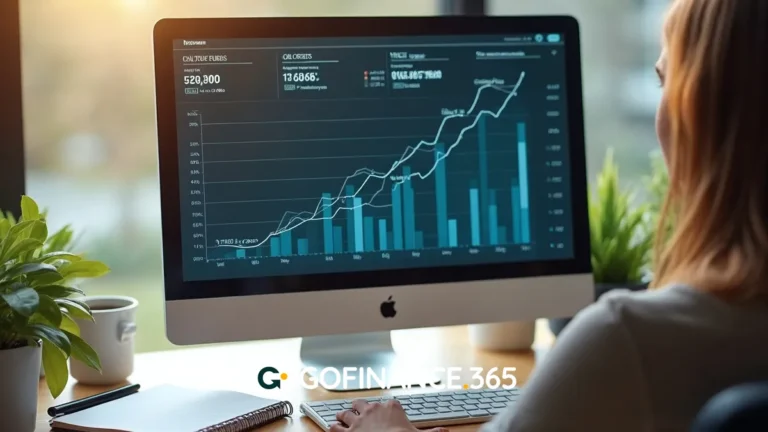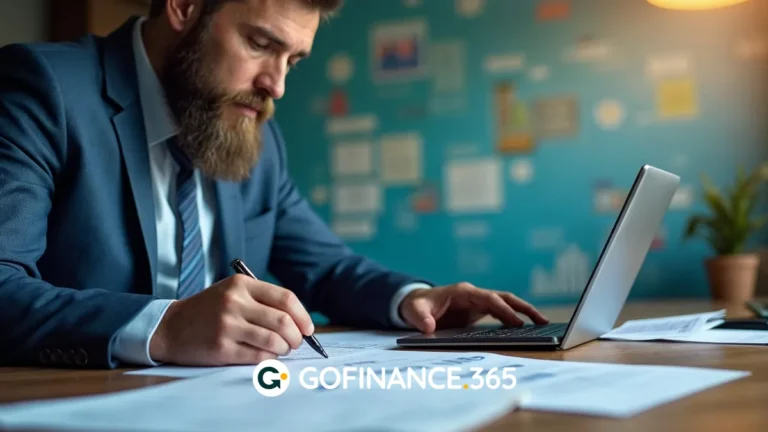Table of contents:
What if doing absolutely nothing was one of the most effective ways to improve your financial well-being? In a world where productivity is overrated and constant consumption has become the norm, the Niksen method—a Dutch philosophy based on the art of doing nothing—presents itself as a radical and deeply transformative alternative. Not only does it impact mental health, but it also has direct effects on how we consume, spend, and therefore save.
In this guide, you’ll discover why this seemingly passive approach has become a tool for change for those seeking to spend less, live more intentionally, and make financial decisions from a place of calm.
Get ready to learn about the power of “doing nothing” and how the Niksen method can help you save better effortlessly, without restrictions, and with greater emotional well-being and mental clarity.
What is the Niksen method and why has it become so popular?
The term “Niksen” comes from Dutch and literally means “doing nothing.” But it’s not just about lying on the couch; it’s about allowing yourself to be without a productive purpose, without constant stimuli, and without guilt. In a hyperconnected society, practicing Niksen is a conscious way to slow down, breathe, and regain control of your time and mental energy.
Numerous studies suggest that frequent moments of conscious inactivity reduce stress, improve creativity, and strengthen decision-making. And that’s where its link to personal finance comes in.
The origins of Niksen: the Dutch philosophy of “doing nothing”
Niksen is not a passing fad, but a practice deeply rooted in Dutch culture, which values work-life balance. It was born in response to collective exhaustion from sensory overload, multitasking, and social pressure to “always be doing something.” Practicing Niksen is allowing yourself not to produce, not to plan, not to react. Simply to be.
How is Niksen related to saving?
Surprising as it may seem, Niksen is directly related to conscious consumption and, therefore, to saving. By slowing down and disconnecting from constant stimuli—including digital advertising and endless scrolling on social media—you reduce your exposure to temptations and impulse purchases.
In addition, by practicing Niksen, you connect more with yourself and your true needs. This state of pause and observation allows you to question more clearly: Do I really need this? Am I buying out of anxiety or necessity?
Less stimulation, less consumption: how doing nothing reduces spending
When you stop filling every minute with external stimuli, you also stop responding to them automatically. Less time in front of ads means fewer impulsive decisions. When the brain is calm, it doesn’t seek immediate gratification from consumption as a form of escape. This simple fact can significantly reduce unnecessary spending.
Conscious saving: spend only when necessary and useful
Practicing Niksen reinforces the ability to differentiate between momentary desire and real need. This allows you to postpone purchasing decisions and consider the impact of each expense more clearly. Thus, every dollar spent makes more sense, and saving becomes a logical choice, not an imposition.
Applying Niksen to your personal finances: a step-by-step guide
Incorporating the Niksen philosophy into your financial life doesn’t require big changes, just small, conscious adjustments. Starting with moments of calm can be the first step toward building a more peaceful and strategic relationship with money.
The key is to observe without judgment, to give yourself permission to stop, feel, and decide from a less reactive place. This will help you avoid falling into automatic spending patterns and encourage more sustainable habits.
Introduce Niksen micro-moments into your daily routine
Just 5 or 10 minutes a day is enough to get started. Choose moments without interruptions: after a meal, before bed, or when you wake up. Don’t try to meditate or solve anything. Just stay calm. Your mind will reorganize itself and reduce the noise that often leads to rash decisions, such as impulse buying.
Observe your spending impulses and redirect your energy
Instead of giving in to the temptation of a quick purchase, stop and observe the emotion behind the impulse: boredom, stress, comparison? Redirect that energy toward free activities such as walking, writing, breathing, or practicing Niksen. This simple change can help you save money naturally.
Create a “paused budget”: financial decisions from a place of calm
Take a moment of Niksen before planning your monthly budget. In that state of calm, your perspective changes. Your decisions tend to be more aligned with your values and less reactive to what you “should” do. You can even include items for rest and self-care as an integral part of your financial planning.
Benefits of integrating Niksen into your path to financial freedom
Intentionally applying Niksen to your life has more than just psychological and emotional benefits. Its impact on your finances can be profound and lasting, especially if you integrate it as part of a strategy for saving and conscious decision-making.
By reducing stress, increasing introspection, and encouraging calm decision-making, Niksen strengthens your financial discipline without imposing restrictions. Little by little, you’ll see your expenses naturally decrease and your financial planning become clearer, more realistic, and more motivating.
Less stress = less emotional spending
Stress is one of the biggest enemies of saving. When you feel emotionally overwhelmed, it’s easier to fall into impulsive purchases that seek to calm your unease: from ordering takeout to treating yourself to “indulgences” that weren’t in your budget. This type of compensatory consumption is a silent drain on your account that you don’t even notice.
Increase your mental clarity to set realistic savings goals
One of the most valuable effects of Niksen is that by slowing down your mental pace, you clarify your true priorities. That pause allows you to ask yourself honestly: “What do I want to achieve with my money? What is really important to me?” From there, setting savings goals ceases to be an external obligation and becomes personal motivation.
Turn “doing nothing” into your best savings strategy
It may seem counterintuitive, but “doing nothing” can be one of the most powerful ways to save. You don’t need complicated spreadsheets, expense tracking apps, or magic formulas. You just need to stop. Observe. Listen. And decide from a place where you’re not reacting to the world, but acting from your center.
Niksen teaches you to consume less, value more, and act with intention. That combination not only reduces your expenses, but also prepares you for a freer, more conscious life that is less dependent on money as a source of immediate well-being.
If you integrate Niksen consistently, you will notice how your finances become lighter and your life more fulfilling. And it all starts with something as simple as stopping for a few minutes each day.
Frequently asked questions about Niksen and its relationship to saving
Although it sounds simple, Niksen can raise questions, especially in a culture that associates rest with laziness. Here we answer the most common questions so you can apply it with confidence and adapt it to your financial reality.
Is Niksen suitable for people with little time or low income?
Absolutely. Niksen doesn’t require financial resources or large blocks of time. In fact, the more limited your schedule or budget, the more value you can get out of this practice. Just 5 or 10 minutes of daily downtime is enough to notice benefits. It’s a free, flexible, and accessible tool for anyone, regardless of their financial situation.
How is Niksen different from other philosophies such as minimalism or mindfulness?
Although they may seem similar, Niksen has unique nuances. Unlike minimalism, which involves reducing material possessions, or mindfulness, which requires full attention to the present, Niksen does not require any specific goal. It is permission to simply “be,” without pressure to perform, without observing anything in particular. Its power lies in its simplicity: resting without guilt and allowing the mind to wander freely.


